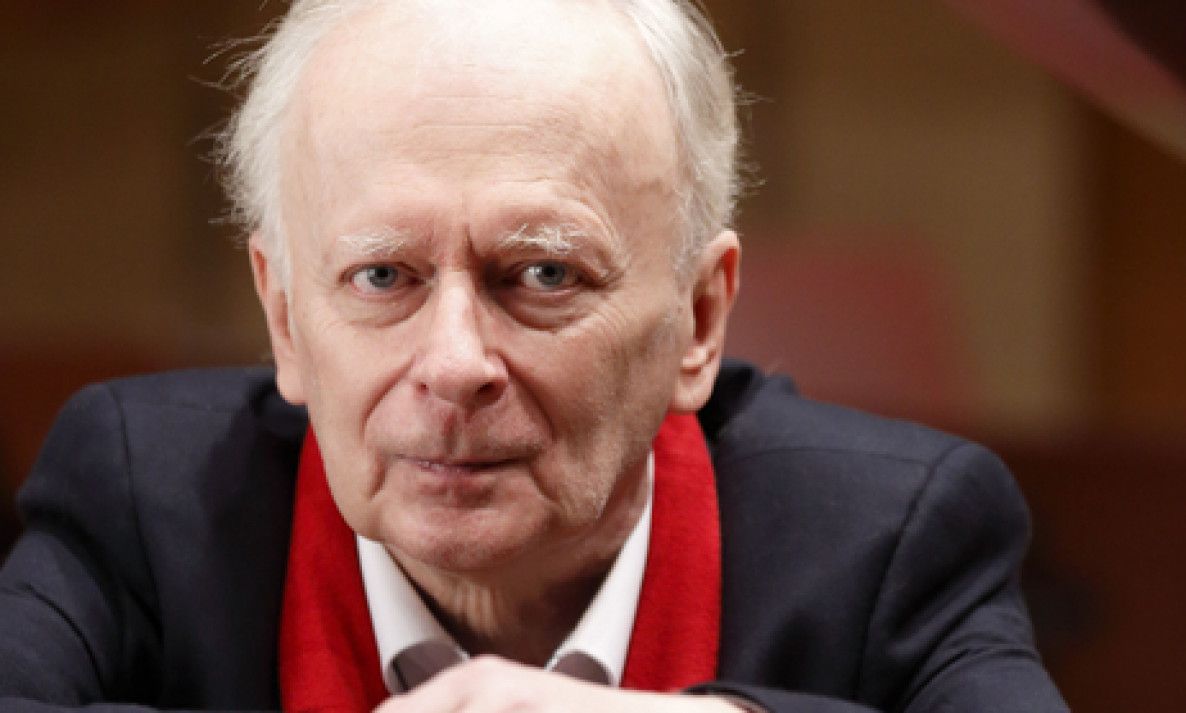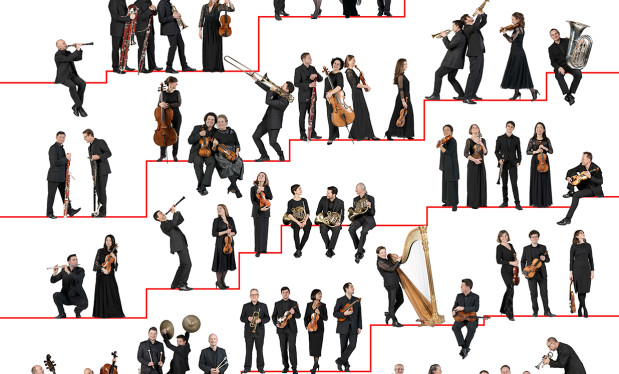NOSPR / Jerzy Maksymiuk / Janusz Olejniczak - NOSPR
NOSPR / Jerzy Maksymiuk / Janusz Olejniczak
Youthful pieces often originate from love. Paderewski wrote his Nocturne in B major, thinking of Raluce Bibesco-Bassaraba, a beautiful pianist, Princess of Brancovan, and his elder by over ten years, with whom he allegedly had a passionate affair. In the version for the orchestra, the similarities between this melancholic miniature and the middle movement of Chopin’s Concerto No 2 are especially visible. Iwaszkiewicz once observed that the first tones of the piano in Larghetto “sound like the opening of the door to a temple to love and peace.” Indeed, in a conversation with Tytus Woyciechowski, Chopin confessed that when he was writing this piece, he confided to the piano “things I would on a number of occasions have confided to you”: his feelings, still full of hope, for Konstancja Gładkowska, a singer who, half a year after he had left the country, stopped writing to him. Prokofiev wrote his symphony in an idyllic dacha in the vicinity of St Petersburg, with no access to piano, far away from the hustle and bustle of the war and revolution, and far away from his first love Nina Mieszczerska. He broke his engagement after a quarrel with her father, who refused to let his daughter marry an artist with no stable income. He wrote a short, compressed pastiche of the 18th-century symphony, oozing an aura of a Haydn-like cheerfulness. Composers are often let down by love, but they put their feelings into sounds in a variety of ways.
Upcoming events


ECHO Rising Stars Festival / Guðmundsdóttir / Lahiry / A Powerful Voice of Women
Chamber Hall
Buy ticket


JazzKLUB / Rudi Mahall's Almost Danish Quartet / Standards with a Playful Twist
Chamber Hall
Buy ticket








